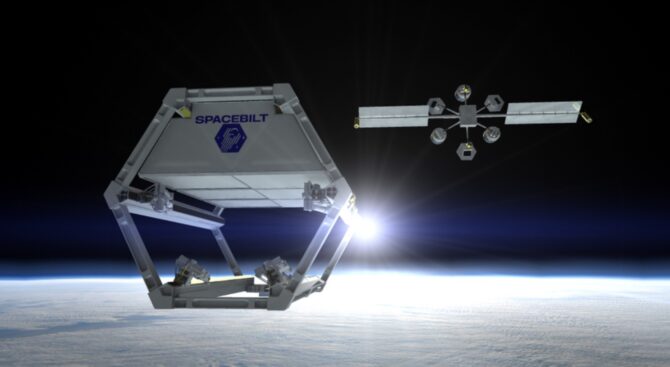
SpaceBilt and Phison ready launch for International Space Station
EP&T Magazine
Automation / Robotics Electronics Embedded Systems Engineering drives Phison space SpaceBilt SSDSix-month flight qualification to evaluate performance in space environment in 2025
SpaceBilt Inc. has partnered with Phison to fly the Large in Space Server (LiSS), the world’s first 100 terabyte plus data storage and edge compute center to the International Space Station (ISS) in 2025. The LiSS will be flight qualified on the Japanese Kibo External Facility on the SpaceBD iSEEP platform to ensure its readiness to withstand the space environment.
The LiSS project will qualify for the NASA Technology Readiness Level 8 (TRL-8), which is ready for commercialization. The LiSS server system is powered by a Microchip Polarfire System on a Chip (SoC) along with an NVIDIA Jetson Orin artificial intelligence computer for rapid access to a string of X1 enterprise level PCIe-based solid state drives (SSDs) provided by Phison, a leading provider of NAND controllers and storage.

Source: SpaceBilt Inc.
During this flight qualification of the X1 platform, SpaceBilt will monitor the radiation environment by leveraging the flight proven ARMAS radiation sensor provided by Los Angeles-based Space Environmental Technologies. Phison is supplying the technical expertise to enable SpaceBilt to access engineering data associated with the performance of the X1 SSD drives in the radiation and vacuum environment of space.
Test will yield qualitative data on the performance of SSD drives in space
This six-month test will yield invaluable qualitative data on the performance of SSD drives in the space environment—a critical aspect that remains largely unexplored for these advanced SSDs. The findings from this study are pivotal for numerous companies aiming to pioneer edge computing and storage technologies in space, shedding light on a key frontier in their endeavours.
“Risk reduction activities such as the LiSS mission are crucial to our efforts to field advanced spacecraft with compute, storage and communications systems for the 21st century,” said Dennis Wingo, chief technical officer, SpaceBilt. “Qualitative data of the type that we will obtain from this mission will allow us to move directly to flight for petabyte-level server systems for customers interested in advanced servers in space.”
“From data security, low latency, satellite communications to supporting emerging technologies, companies are eyeing a space-based data infrastructure,” said Sebastien Jean, CTO, Phison US. “The LiSS project will play a key role in accelerating servers in space; our joint mission validates the technology needed to ensure successful implementation and ongoing operations in space.”
